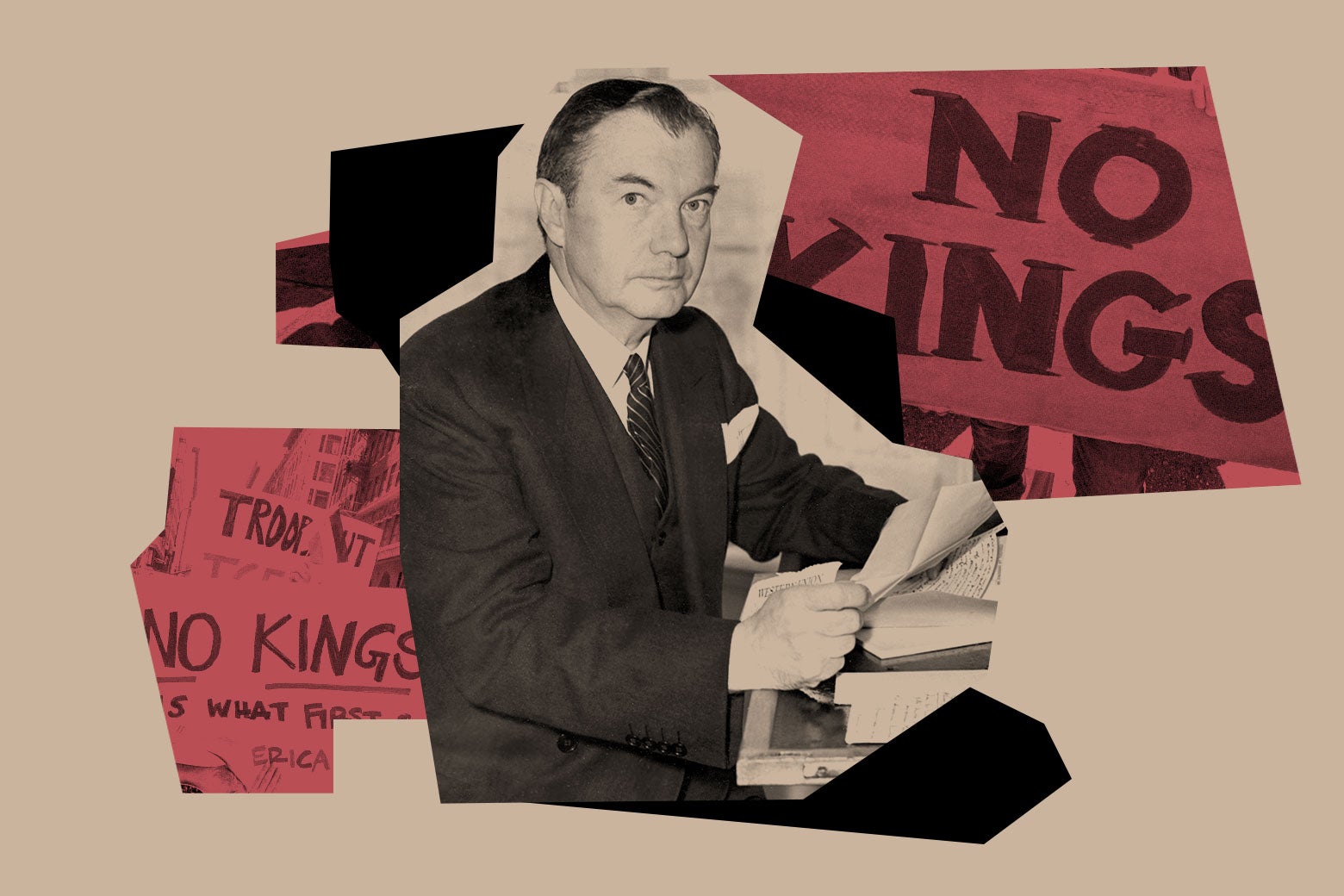
"Jackson's concurring opinion in Youngstown Sheet and Tube Company v. Sawyer established a crucial principle against one-man rule, emphasizing that governance must operate under laws rather than individual authority."
"Justice Sotomayor referenced Jackson's opinion, reminding us that 'ours is a government of laws, not of men,' which underscores the importance of rules governing authority figures."
"Jackson warned against the unchecked expansion of presidential power, noting that the country would not suffer if the Court limited presidential aggrandizement."
"Historical shifts have seen the presidential office grow in power since 1952, with decisions stripping Congress's authority and allowing presidents to avoid certain legal repercussions."
The concurring opinion by Justice Robert H. Jackson in Youngstown Sheet and Tube Company v. Sawyer challenged one-man rule by maintaining governance must follow laws. Jackson warned of expanding presidential power, which has indeed increased since 1952. His insights are cited across the ideological spectrum among Supreme Court justices today. Justice Sonia Sotomayor reiterated Jackson's assertion about law-based governance in a recent dissent. Various court rulings have diminished congressional authority, including stipulations regarding presidential immunity from punishment and diminished legislative veto power.
Read at Slate Magazine
Unable to calculate read time
Collection
[
|
...
]